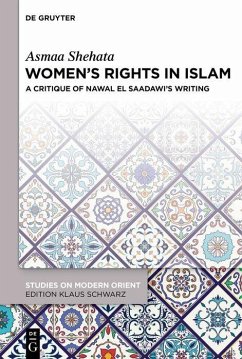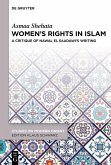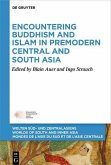After the death of El Saadawi in 2021, a flurry of arguments and criticism in the Egyptian press and women's press around the world is created in which different social media platforms were filled with numerous comments and discussions of her writings and arguments. Whereas some mourned El Saadawi and her dedication to women's issues, others celebrated her death, wishing her the worst punishment in the afterlife for what they described as her 'destructive thoughts.'
This monograph genuinely analyzes her views on five controversial issues - marriage, polygamy, divorce, inheritance rights, and veiling - in light of Qur'anic exegeses offered by two classical scholars (i.e., Muhammad ibn Jarir Al Tabari and Ismail ibn Umar Ibn Kathir) and two contemporary Muslim feminists (i.e., Amina Wadud and Azizah Al Hibri). By taking a critical look at her views, the book contributes not only to this ongoing debate but adds value to assessing El Saadawi's work and helps readers gain a greater understanding of her writings as well. It also enables readers to comprehend the current tension between feminism and Islam by understanding the perspectives of both sides. Since El Saadawi's writings are available in the Western countries, the book would appeal to academics, researchers on Islam and gender and Middle Eastern women, as well as to lay audiences interested in women and gender in Muslim societies.
Asmaa Shehata ist Assistenzprofessorin an der University of Mississippi, Oxford, MS USA.
Dieser Download kann aus rechtlichen Gründen nur mit Rechnungsadresse in A, B, BG, CY, CZ, D, DK, EW, E, FIN, F, GR, HR, H, IRL, I, LT, L, LR, M, NL, PL, P, R, S, SLO, SK ausgeliefert werden.









